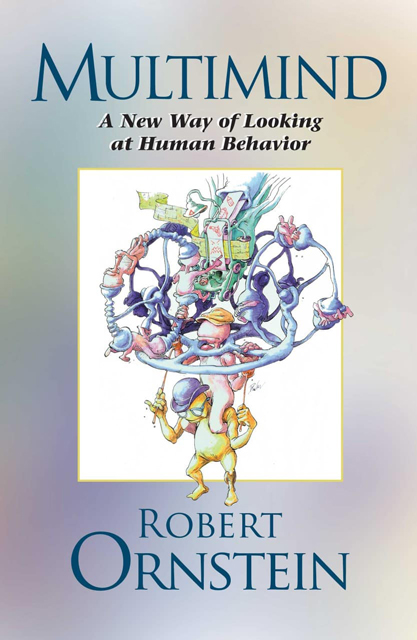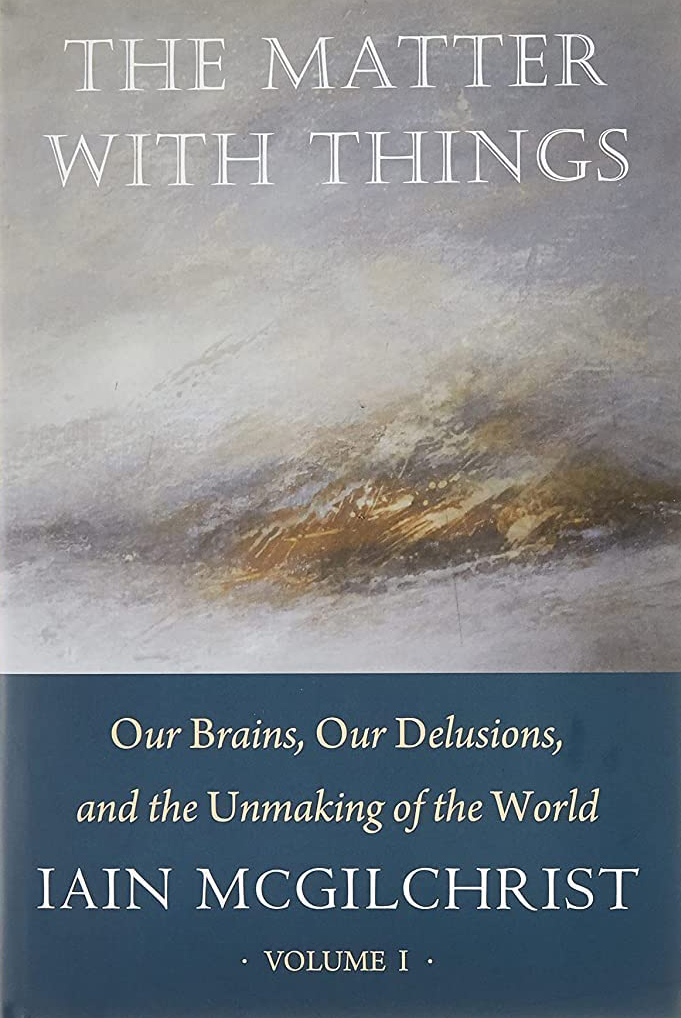
An Ancient Brain in a Modern World
To solve today’s problems, we need to understand more about who we are and how our brain works every day—what psychologists call “normal” consciousness—and then take a look at what else it might be capable of.
The content of this section, unless indicated, represents Robert Ornstein’s award-winning Psychology of Evolution Trilogy (God 4.0, The Evolution of Consciousness and The Psychology of Consciousness) and Multimind. It is reproduced here by kind permission of the Estate of Robert Ornstein.
As we’ve shown on this website, the processes of biological evolution are really slow. To help us appreciate this, we pointed to the work of evolutionary psychologists. For example, Robin Dunbar found out that many characteristics we recognized as human – such as mentalization, sympathy, empathy, and a theory of mind – have been shared by hominid species since at least Homo heidelbergensis (about 700,000 years ago).
Recall that 40,000 years ago we were still sharing the planet with other hominids: Neanderthals, Denisovans, Homo floresiensis and possibly the last remnants of Homo erectus. So at that time the difference between humans and other hominid animals would have been very small. The perceived gap seems large to us now because, for one thing, all the other hominids have gone extinct; and, for another, our view of ourselves as being superior to other animals has been perpetuated by our myths and beliefs, and by our astounding ability to develop and reshape the world outside ourselves.
About 100,000 years ago, sites at the southernmost coast of Africa, such as Klipdrift Shelter and Pinnacle Point, left evidence of our “modern” mind—complex abstract symbols and a developed workshop at Blombos Cave proved that people there had a high level of social organization, collaboration and environmental adaptation.
Early humans were foragers and hunters, traveling in small bands throughout the African continent. As the climate changed and sea levels lowered due to the onset of the Ice Age, the possibility of a better life meant that some left Africa never to return. They went west from Arabia eventually reaching Europe, north to Central Asia, and east to India, China, Japan and Australia—all over the old world.
By 35,000 years ago, the capacity for abstract thought and symbolic representation had finally become a stable and universal capacity of the human mind and one of the traits that we share with all other humans. It enabled us to communicate in unprecedented ways and build the world we know today.
We were the same human beings then as we are now.
The brain’s age-old strategies to ensure survival in the short term still hang on today, among them are:
- What have you done for me lately?
Our consciousness is not a reasoned instrument for looking into the future and planning the best action. We are short-term animals, animals who look for the immediate gain. We are extremely sensitive to recent information. Terrible disasters like an air crash—even famine or war—force our attention and that of the news media on them, for a moment, and then the spotlight goes away. - “Call me when something new happens.”
Our senses are both sensors and censors. Obviously, our senses show us the outside world, but they operate to notice change—the beginnings and endings of events. Loosely speaking, their operation follows the axiom, “call me when something new happens.” - Get to the point.
Our mental system determines the meaning and importance of any event and its relevance to ourselves based on a relatively small amount of information. In the process, it throws out almost all information that reaches us to “get to the point.”

Multimind: A New Way of Looking at Human Behavior
Robert E. Ornstein
This provocative book challenges the most-popularly held conceptions of who we are. In it, psychologist and renowned brain expert Robert Ornstein (1942 – 2018) shows that, contrary to popular and deep-rooted belief, the human mind is not one unified entity but, rather, is multiple in nature and is designed to carry out various programs at the same time.

The Matter with Things
Iain McGilchrist
In his masterly two-volume exploration of our brain hemispheres, Iain McGilchrist argues that in order to understand ourselves, the world and the universe, we need a combination of the right and left hemispheres working in tandem, but with the right brain leading the way.

Beyond Culture:
Edward T. Hall and Our Hidden Culture
Report by John Zada
Edward T. Hall, after spending his early adulthood working and travelling among non-Anglophones, both in the United States and in other parts of the world, became cognizant and fascinated in the deeper layers of culture that he claimed lie buried beneath those more obvious forms.
In the series: Our Mind in the Modern World
- Our Unconscious Minds
- Maintaining a Stable World
- The Multiple Nature of Our Mind
- Connecting with Others
- Morality’s Long Evolution
- Unconscious Associations
- The Brain’s Latent Capacities
- God 4.0
- Multimind: A New Way of Looking at Human Behavior
- Thinking Big
- Social
- The WEIRDest People in the World
- The Righteous Mind
- New World New Mind
- Moral Tribes
- The Mountain People
- The Matter with Things
- Humanity on a Tightrope
- Fluke by Brian Klaas
- Beyond Culture
- Think Again
